“Veil-Piercing” Control Persons Should Adopt Strategies to Reduce Risk of Personal Liability
For the second time in less than six months, the Colorado Court of Appeals expanded the categories of persons who can be held personally liable under the “piercing the veil” theory of entity liability. As a result, any person who is not a shareholder, director, or officer of a corporation, but who nonetheless exercises substantial control over the corporation may be held personally liable to third parties for the obligations of the corporation. Accordingly, such persons should take appropriate steps to reduce the risk that they will be held personally liable for those obligations. The opinion was announced October 29, 2009 in McCallum Family L.L.C. v. Marc Winger and Karen Winger and should be reviewed with counsel by shareholders, directors, and officers of Colorado corporations, as well as persons “controlling” such corporations even though they may not be shareholders, directors, or officers. Quotations below in this Client Alert are from the opinion of the Court of Appeals in McCallum or in cases cited by the court in its McCallum opinion.
Facts of the Case. Manitoba Investment Advisors, Inc. (“Manitoba”) entered into a commercial triple-net lease with McCallum Family L.L.C. (“McCallum”) as the lessor. Despite a requirement in the lease to do so, Manitoba did not pay property taxes for 2003, 2004, and part of 2005. In addition, Manitoba vacated the property seven months prior to the end of the lease term and defaulted on its rent payment obligations. McCallum obtained a judgment against Manitoba for over $76,000. The parties to the lawsuit agreed that Manitoba was insolvent beginning in September 2004. McCallum sought to hold Marc Winger personally liable for the judgment, but the trial court refused to “pierce the corporate veil” and impose such liability on Mr. Winger.
Mr. Winger’s wife was president, a 50% shareholder, and a director of Manitoba, and his mother was vice president, a 50% shareholder, and a director of Manitoba. Mr. Winger himself was not a shareholder, officer, or director of Manitoba, although he admitted that he “managed the entire business” of the corporation. As discussed in the opinion of the Court of Appeals, Mr. Winger conducted nearly all of Manitoba’s business with McCallum, including signing checks and conducting lease renegotiations. In addition, he took a number of “distributions” from Manitoba, even though he was not a shareholder. These distributions included corporate funds for: the payment of $95,400 to the State of California as a result of his felony conviction for failure to pay sales taxes; payment of personal bills for himself and his wife; and payments for a boat, cell phone, and personal credit cards. According to McCallum’s expert witness, ultimately the Wingers removed all available funds from Manitoba.
Mr. Winger’s wife was president, a 50% shareholder, and a director of Manitoba, and his mother was vice president, a 50% shareholder, and a director of Manitoba. Mr. Winger himself was not a shareholder, officer, or director of Manitoba, although he admitted that he “managed the entire business” of the corporation. As discussed in the opinion of the Court of Appeals, Mr. Winger conducted nearly all of Manitoba’s business with McCallum, including signing checks and conducting lease renegotiations. In addition, he took a number of “distributions” from Manitoba, even though he was not a shareholder. These distributions included corporate funds for: the payment of $95,400 to the State of California as a result of his felony conviction for failure to pay sales taxes; payment of personal bills for himself and his wife; and payments for a boat, cell phone, and personal credit cards. According to McCallum’s expert witness, ultimately the Wingers removed all available funds from Manitoba.
- the corporation is operated as a distinct business entity;
- funds and assets are commingled;
- adequate corporate records are maintained;
- the nature and form of the entity’s ownership and control facilitate misuse by an insider;
- the business is thinly capitalized;
- the corporation is used as a “mere shell;”
- legal formalities are disregarded; and
- corporate funds or assets are used for noncorporate purposes.
In Colorado (unlike in some states), once the court finds that an alter ego relationship exists, it must determine “whether justice requires recognizing the substance of the relationship between the person or entity sought to be held liable and the corporation over the form because the corporate fiction was ‘used to perpetrate a fraud or defeat a rightful claim.’” Finally, the court must consider “whether an equitable result will be achieved by disregarding the corporate form and holding a shareholder or other insider personally liable for the acts of the business entity.”
In the McCallum case, the Court of Appeals reviewed the facts involved in the case and concluded that Mr. Winger was the alter ego of Manitoba. The court’s general conclusion was that “an individual should not be able to defeat the alter ego prong of the veil-piercing analysis merely because he or she has no formal ownership interest in the corporation, and does not hold the title of officer or director.”
As to the second part of the veil-piercing analysis, i.e., whether the corporate form was used to “perpetrate a fraud or defeat a rightful claim,” the Court of Appeals ruled that “a plaintiff may show either fraud or that the corporate form was abused to defeat the rightful claims of creditors. There is no additional requirement to prove any conduct specifically directed at the plaintiff-creditor” (italics in the court’s opinion). The plaintiff-creditor must, however, show “an effect on its lawful rights as a creditor resulting from abuse of the corporate form” (italics in the court’s opinion). The court concluded that McCallum did make such a showing.
As to the third part of the analysis, i.e., “whether the equities of the situation merit veil-piercing,” the Court of Appeals ruled that this determination must be made in the first instance by the trial court. Accordingly, it remanded the case back to the trial court to make such a determination.
Conclusion. It is now clear that a Colorado corporation may be held to be the alter ego of a person who is not a shareholder, officer, or director of the corporation if the person has a sufficient degree of control over the corporation to warrant such a finding. While such a finding does not necessarily lead to the imposition of personal liability under a veil-piercing theory, the McCallum case should be reviewed by all persons associated with corporations, and appropriate precautionary policies and processes should be adopted and adhered to in order to reduce the risk that such controlling persons will be held personally liable for the corporation’s liabilities.








